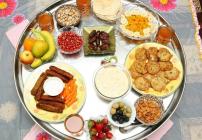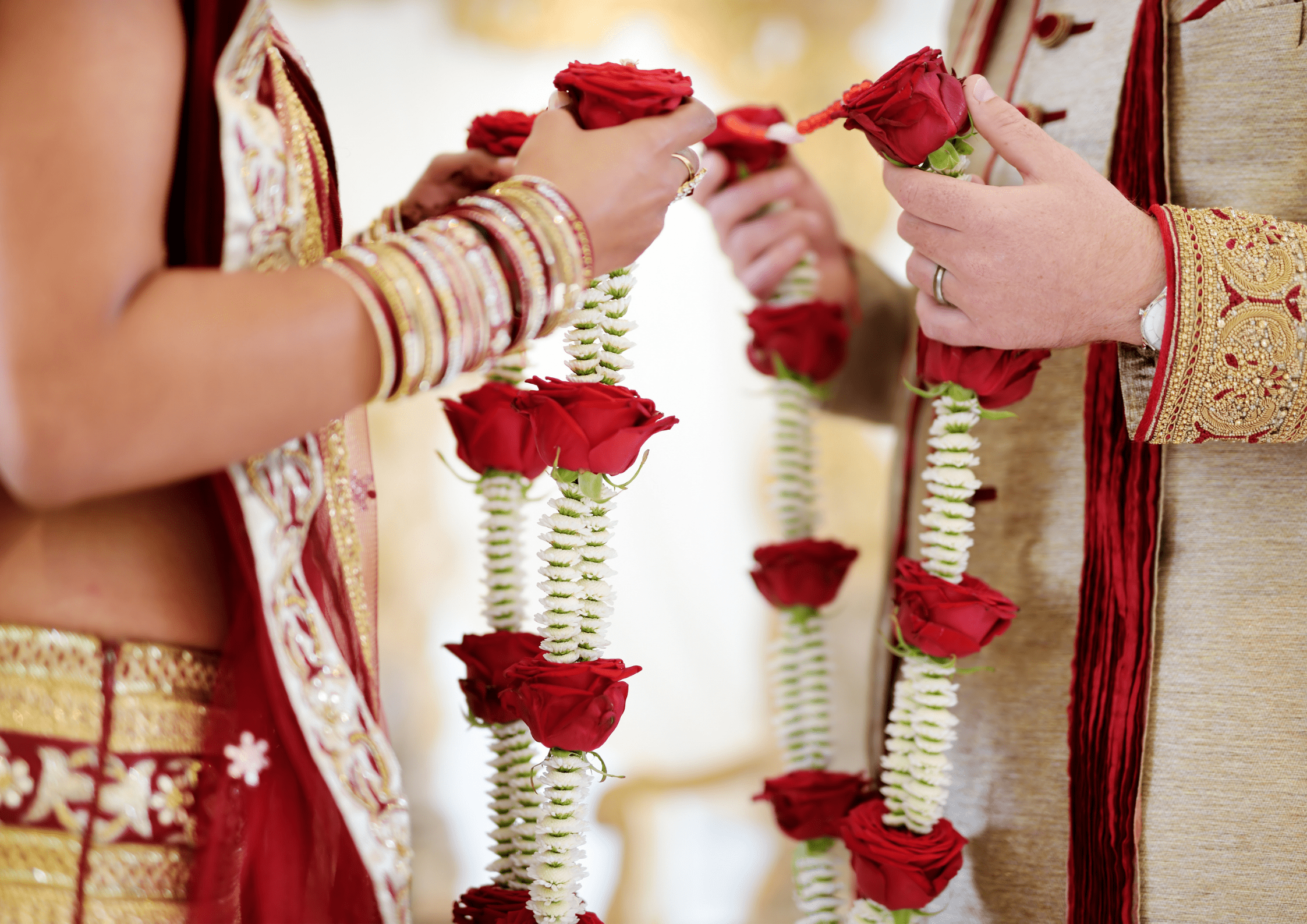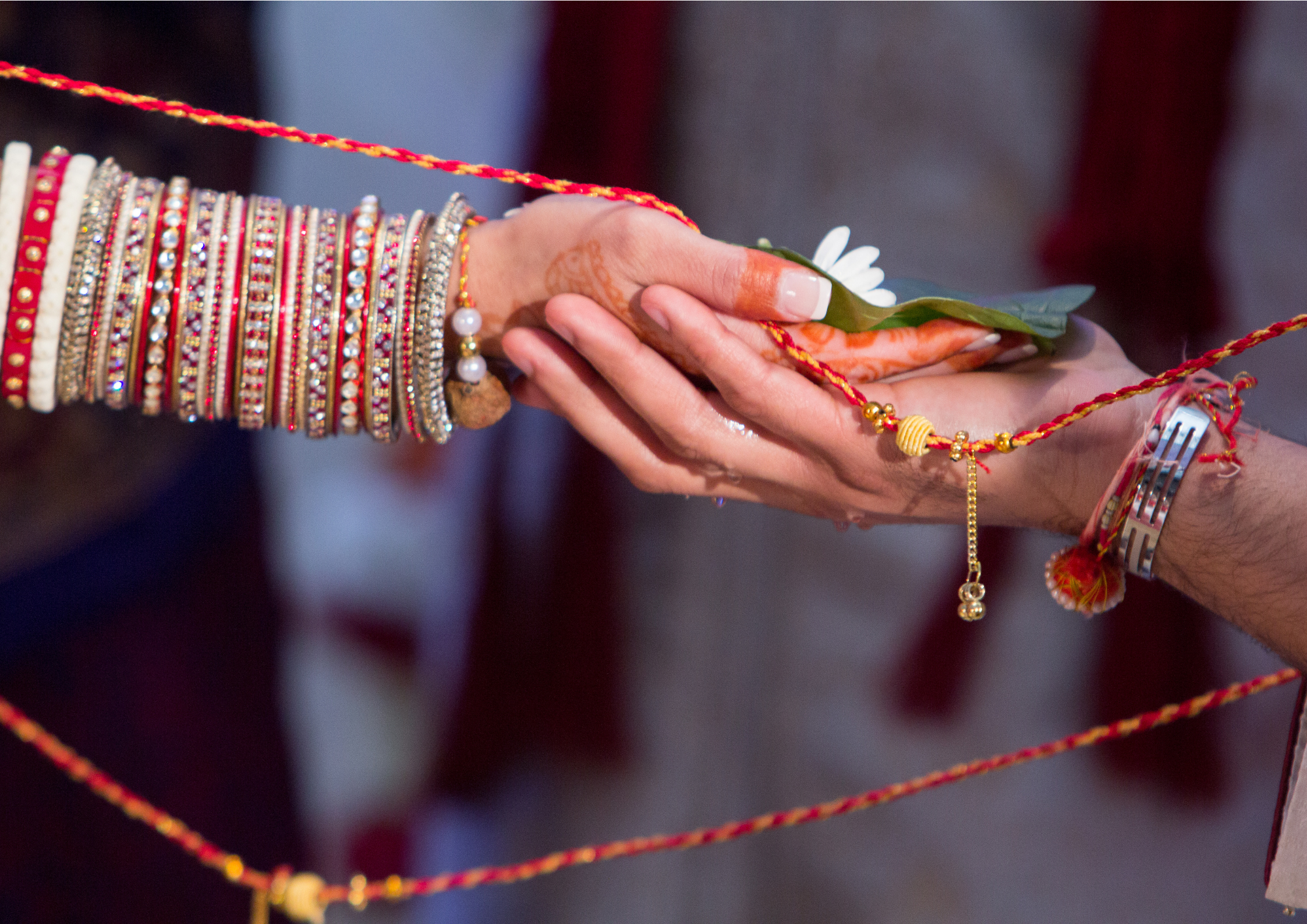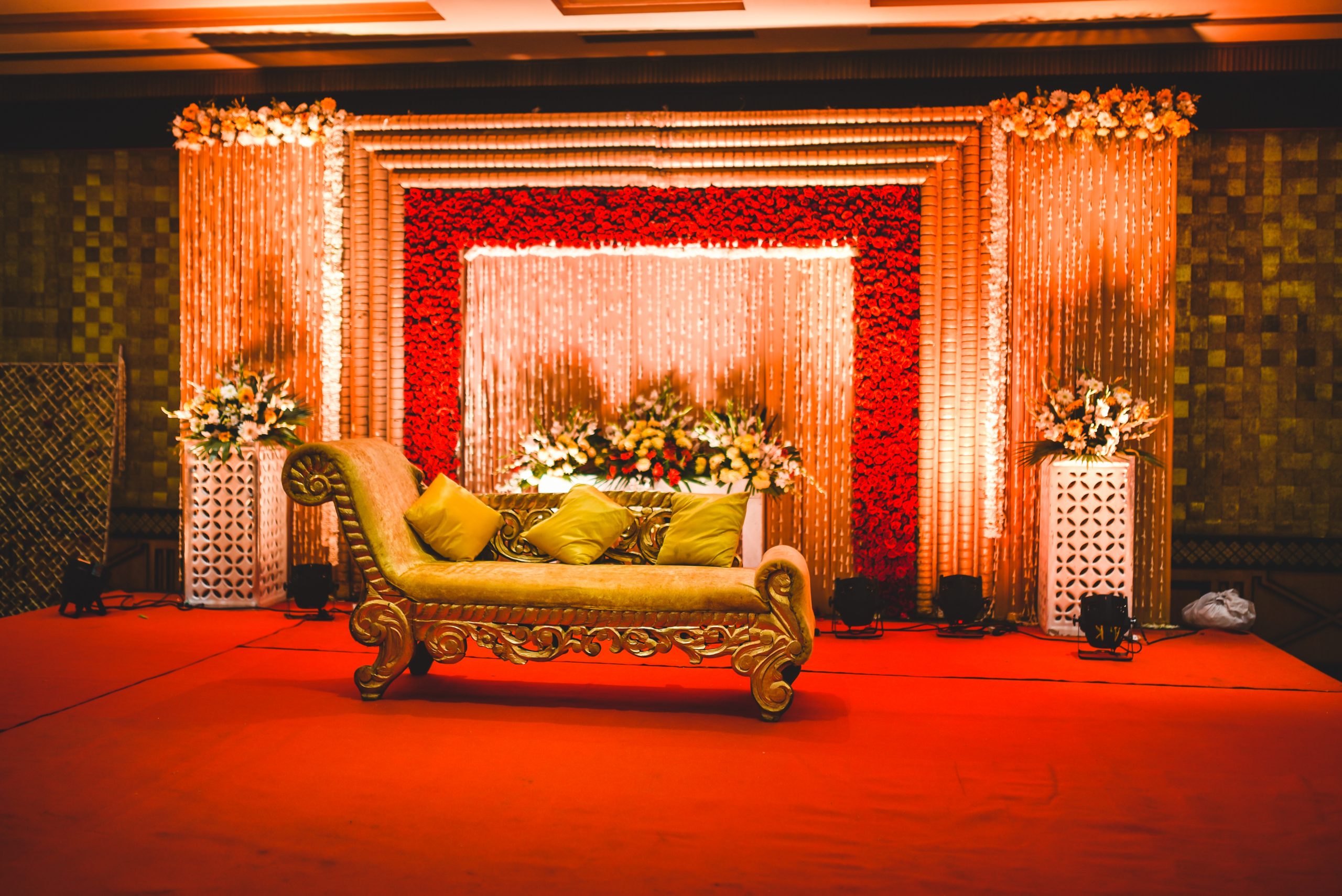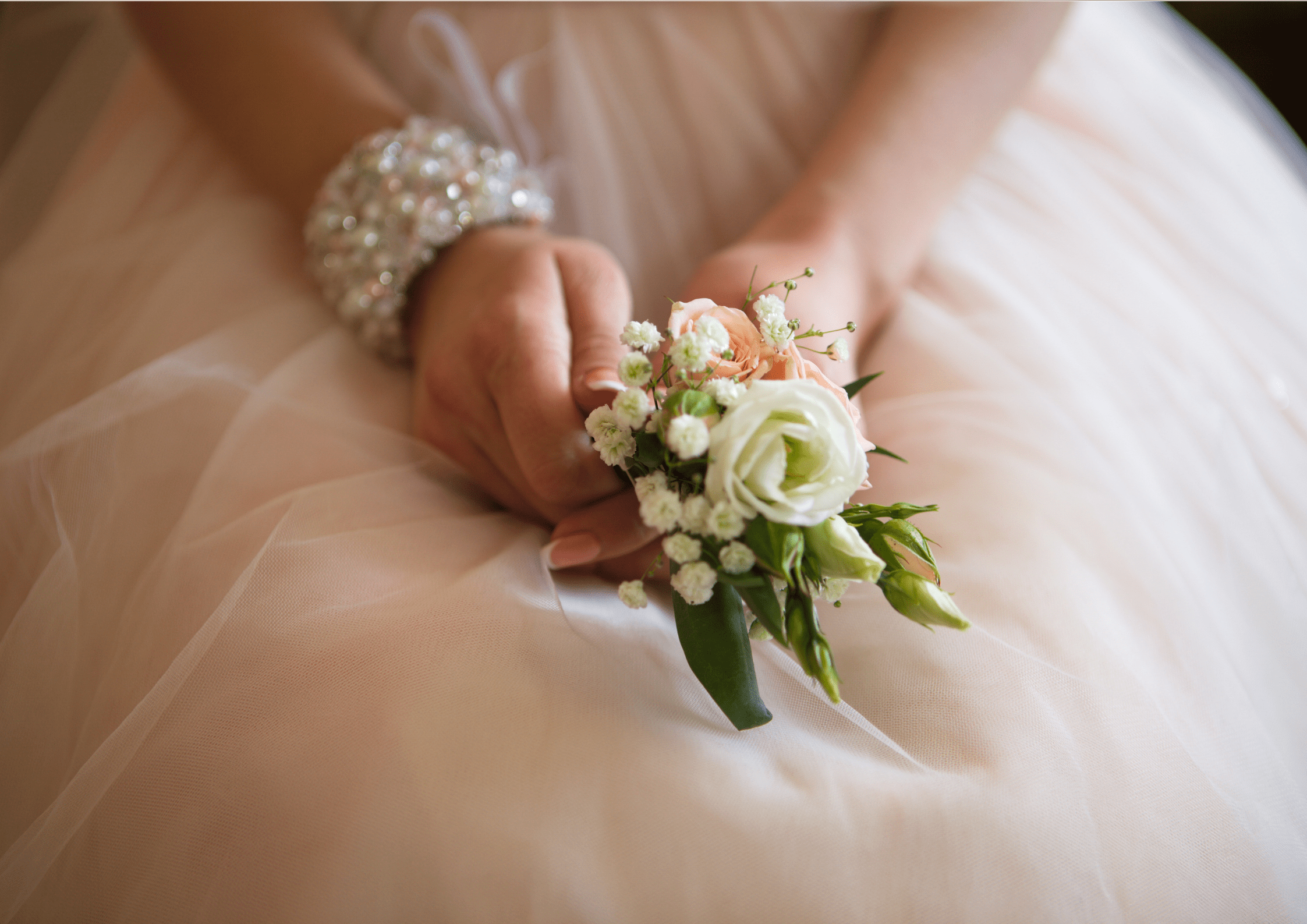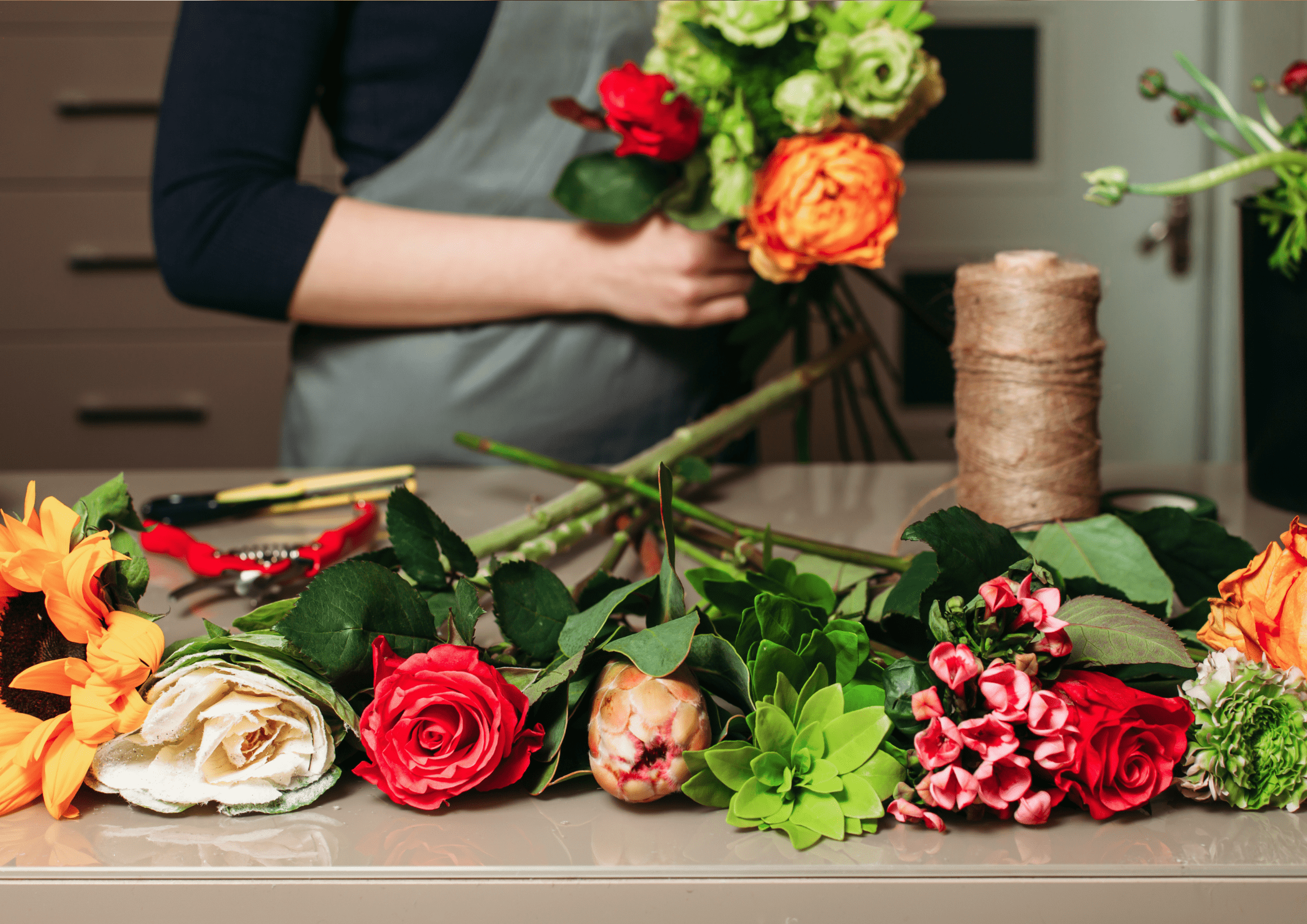A tribute to our Muslim Sisters
3:30am: the neighborhood is already awake! Houses are brightly lit, as it is still dark and well before dawn, but the atmosphere remains hushed, quiet. Doors start to open one by one. The local bakery is buzzing much earlier than usual and the baker will occasionally offer bread to surrounding families.
The grandmother, mother, daughters-in-law and the young ladies of the house are all up. Preparations are well underway in the family kitchen. The noise must be kept to a minimum so the rest of the family who is still asleep is not disturbed. All these women are busy making tasty meals while honoring each family member’s wishes. They talk to each other in a low voice. Each woman has a specific task, and everyone knows exactly what they need to do. While some prepare the morning meal, others bustle about making the evening dishes.
The paratha and naan dough are prepared the previous day. They are now ready to be cooked. The first morning course mostly consists of a substantial dish and many date fruits. Those are a key element of the morning meals and come in different fillings and toppings: almonds, walnuts, almond paste, chocolate …. all accompanied with the traditional Mauritian tea. The beautiful table will be set to seat the rest of the family whom the women would have taken the care of waking up at the right moment. It is the first meal of the day and the last before the Iftar, when we “casse carême” as we say in Mauritian Creole, meaning that is the moment when one breaks the fast.
As you may have gathered by now, this is about our neighbors of Muslim faith who are currently observing the holy month of Ramadan.
At dawn, the whole family gathers around a table, laden with food, in a warm and serene atmosphere. As conversation flows among the adults, some teenagers and children are still trying to gradually wake up. At times, someone will rush around when turning up at the last minute to hastily swallow a drink and some dates to then begin his fast right away. Sleep does get the best of him and his hunger! The youngsters are exempt from fasting, they will only start at the age of 7 and once they have reached puberty, it will become obligatory.
The Azaan can be heard in the distance – that is the call to worship and the start of the fast. The men will go to the nearest mosque while the ladies will quickly clear the table and clean the kitchen before gathering in prayer. Indeed, the month of Ramadan is marked with moments of prayer. There are several: the Fajr at 5:15am, the Zuhr at 12:30pm, the Asr at 4:30pm, the Maghrib at 5:45pm and the Isha at 7:30pm.
Once the morning prayer is over, the housewives tentatively catch up on sleep for a few hours before conducting their daily activities and going about the Iftar preparation routine and cooking the evening meal. This is a time when the women’s assistance is very much needed, as beyond their customary duties, they must also ensure the smooth schedule of the three daily meals during the whole month of Ramadan. It is 5:00pm, now is the hour to be actively involved in the Iftar arrangements.
This meal mainly consists of sweet and salty cakes. This is an outright feast for all those who have been fasting all day: samosas with vegetables, Chana purees (vegetarian cake), the inevitable dates of all kinds, colored tarts, alongside typically Muslim dishes such as chicken cutlets or tikkas ( marinated chicken with herbs, cumin and different sauces). This would all be served with the famous fresh Mauritian ‘alouda’ (basilica flavored milk) or with the indispensable cup of tea.
After the feast, it does so happen that one is not too hungry at dinnertime, which would soon follow. After supper, the sound of Azaan will echo again to invite the faithful to pray, the men at the mosque while the women will engage in silent retreat in their own home. This fasting and sacrifice period will culminate with the Eid celebration, one of the most prominent in the Muslim religion. On this occasion, the women will begin preparations for the festival. The house will be cleaned inside and out, new curtains will be hung, a fresh coat of paint will be added to give the house a great look. Everything must be uber clean, spotless. And then the purchase of new clothes for each member of the family will follow: that is a tradition that one simply has to comply with.
When Eid finally arrives, the women accompany the whole family to the grandparents’ house, dressed in their beautiful churidars and abayas, with joyfulness and good humor. That is when tribute will be paid to elders and everyone will gather around a table where the famous biryani’s scent, cooked over wood fire (a delicious dish of rice decorated with spices, vegetables and meat) will emanate throughout the house and tickle the buds. Following the Mauritian tradition, the biryani will be shared with the nearby neighbors, for the latter’s greatest joy.
We do wish our compatriots of Muslim faith on this happy occasion of Eid, but our thoughts and warmest wishes especially go to our Muslim sisters, devoted to the wellbeing of their respective families.
Eid Mubarak!
NadElle.





